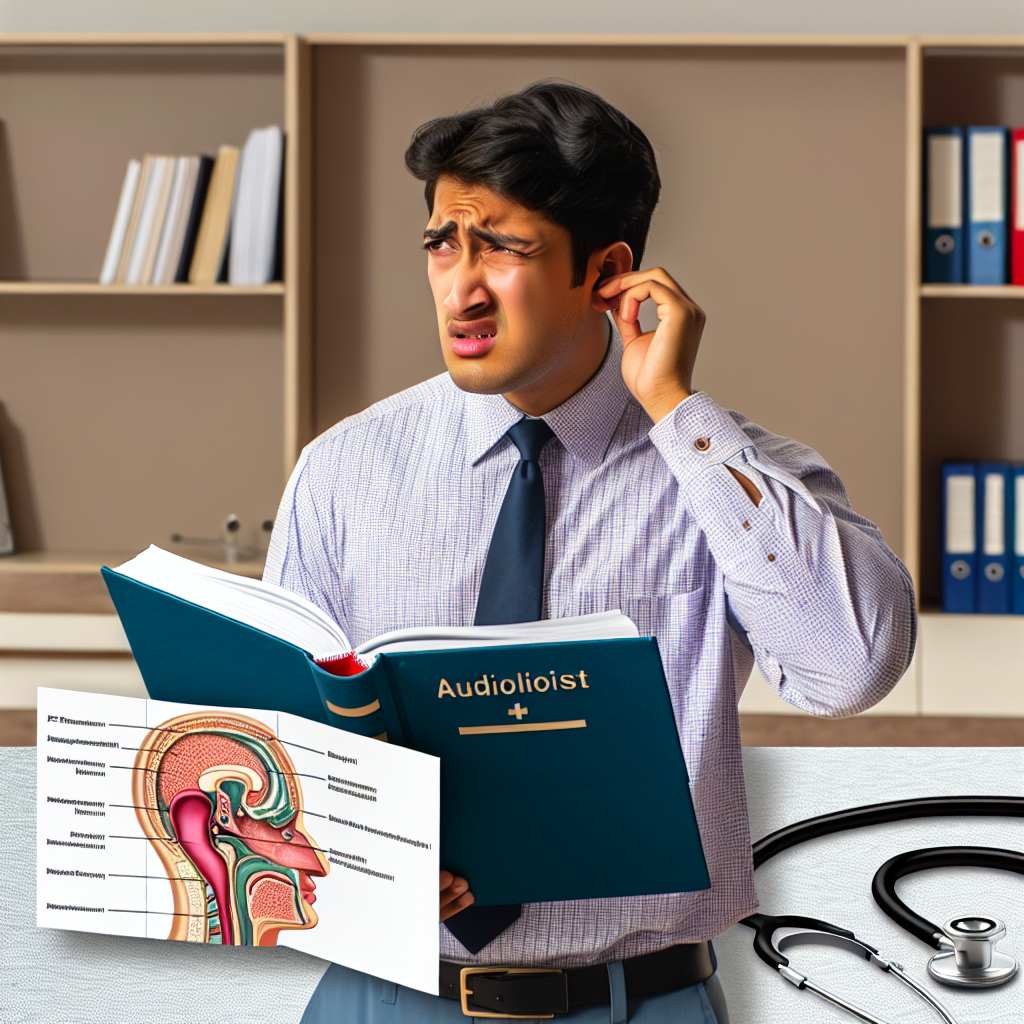
When you’re experiencing hearing problems, dizziness, ear pain, or other auditory concerns, it’s natural to wonder whether you should schedule an appointment with an audiologist or an ENT (Ear, Nose, and Throat) specialist first. Understanding the differences between these healthcare professionals and their areas of expertise can help you make the right decision for your specific needs.
Understanding the Difference Between Audiologists and ENT Specialists
An audiologist is a healthcare professional who specializes in diagnosing, treating, and managing hearing and balance disorders. They hold advanced degrees in audiology and are experts in hearing assessment, hearing aid fitting, tinnitus management, and auditory rehabilitation. Audiologists focus primarily on non-medical hearing solutions and can provide comprehensive hearing evaluations to determine the extent and type of hearing loss.
An ENT specialist (otolaryngologist) is a medical doctor who specializes in diagnosing and treating conditions affecting the ear, nose, and throat. ENTs can perform surgery, prescribe medications, and treat medical conditions that may be causing hearing problems. They address both hearing issues and related medical conditions like infections, tumors, or structural abnormalities.
When to See an Audiologist First
Consider starting with hearing testing from an audiologist if you’re experiencing:
- Gradual hearing loss over time
- Difficulty understanding conversations in noisy environments
- Tinnitus (ringing in the ears) without other symptoms
- Need for hearing aid evaluation or adjustment
- Workplace hearing protection needs
- Age-related hearing concerns
Audiologists excel at comprehensive hearing evaluations and can quickly identify whether your hearing loss is conductive, sensorineural, or mixed. They can also provide immediate solutions like hearing aid fitting or recommend appropriate next steps if medical intervention is needed.
When to See an ENT First
Schedule an appointment with an ENT specialist first if you’re experiencing:
- Sudden hearing loss (within 72 hours)
- Ear pain or drainage
- Recurring ear infections
- Dizziness or balance problems
- Facial weakness or numbness
- Suspected ear injury or trauma
- Persistent nasal congestion affecting hearing
These symptoms often indicate medical conditions that require diagnosis and treatment by a physician before addressing the hearing aspects of your condition.
The Collaborative Approach
In many cases, audiologists and ENT specialists work together to provide comprehensive care. An audiologist might refer you to an ENT if they discover signs of a medical condition during your hearing evaluation. Similarly, an ENT might refer you to an audiologist for detailed hearing testing or hearing aid services after treating the underlying medical issue.
How Cal Hearing Can Help
At Cal Hearing, we understand that navigating hearing healthcare can be overwhelming. Our experienced team provides comprehensive services to address all your hearing needs, including:
- Hearing Testing: Complete audiological evaluations to assess your hearing health
- Hearing Aid Fitting: Professional fitting and adjustment of hearing devices
- Tinnitus Therapy: Specialized treatment for ringing in the ears
- Hearing Protection: Custom solutions to protect your hearing
- Hearing Aid Repairs: Expert maintenance and repair services
We serve multiple locations and are committed to providing personalized care for each patient. Visit our areas we serve page to find a convenient location near you.
Making the Right Choice for Your Situation
If you’re still unsure whether to see an audiologist or ENT first, consider these factors:
- Urgency: Sudden hearing loss or severe pain requires immediate ENT attention
- Symptoms: Medical symptoms like infection or injury need medical evaluation first
- Duration: Gradual hearing changes can often be evaluated by an audiologist initially
- Goals: If you’re primarily seeking hearing improvement solutions, an audiologist is an excellent starting point
Additional Resources
For more information about hearing health, hearing loss prevention, and treatment options, explore our further resources section and stay updated with the latest hearing health information through our informative blog.
Remember that both audiologists and ENT specialists play crucial roles in hearing healthcare. The key is choosing the right professional based on your specific symptoms and needs. When in doubt, starting with a comprehensive hearing evaluation can provide valuable insights and guide you toward the most appropriate care path.
Don’t let hearing concerns affect your quality of life any longer. Whether you need a hearing assessment, hearing aids, or specialized treatment, our team is here to help you achieve better hearing health.
Ready to take the first step toward better hearing? Contact Cal Hearing today to schedule your comprehensive hearing evaluation and discover the right treatment path for your unique needs.









